Growing up, I was a fanatic for Bill Watterson’s newspaper comic strip, “Calvin and Hobbes.” I would read through the whole thing in one sitting, put it back on the shelf for a while, and then come back to read it again months later and laugh at all the jokes I had missed on my last read-through. It’s embedded in my memory by now, and one strip in particular sticks out to me as war breaks out in Israel and Gaza: Calvin approaches his dad, who is reading a newspaper in the family’s living room armchair, and asks, “Dad, how do soldiers killing each other solve the world’s problems?” The dad looks out at the reader and then looks away in confusion. In the last panel, Calvin walks away, remarking, “I think grown-ups just act like they know what they’re doing.”
Watterson’s implied take is more than a little smug in its simplicity. If war and conflict were easily avoidable, we would avoid them. It would be naïve to turn a blind eye to the causes of Hamas’s invasion of Israel, and Israel’s harsh retaliation: decades of division and conflict, of both sides convincing their children that there is an “other” that needs to be fought, of extremism that is met with extremism, of provocation that is met with its justification. The Palestinian desire for self-determination and an end to occupation, and the Israeli desire for security and a homeland, have led to both making increasingly belligerent, short-sighted, and insular decisions that accomplish only alienation and polarization. One side builds a wall, the other side digs a tunnel, and the only thing that changes is that we are all angrier.
I am angry, too. When I go to sleep worrying for the safety of my friends and family, the dozens of people close to me who are caught in the region’s crossfire, I understand and share the fear and the trauma that drive people towards strife. I am a Jew who is lucky enough to be safe in the United States and who hopes only for peace. However, if something were to happen to my family, my first thought would be to fight back — and I would be grateful if someone told me who my enemy should be.
But in that incongruence, between the simplicity of peace and the tensions of war, lies this century’s foremost challenge in forming a more equitable society: rejecting the politics of division and demonization that make us distrustful of one another, benefitting only those consolidating ill-gotten power. That means both Israel and Palestine recognizing that justice — particularly punitive justice — stands opposed to peace, that their fortunes are tied together whether they like it or not. That means rejecting leaders who preach solutions that are pragmatically untenable in the long-term: for Israel, that is the treatment of Palestinians in the West Bank and Gaza; for Palestine, that is the perpetuation of the cycle of violence, each iteration ending worse for them than the last. “These are the stakes,” said President Lyndon B. Johnson in his 1964 “Daisy” advertisement, as a nuclear bomb roiled the sky onscreen. “To make a world in which all of God’s children can live, or to go into the dark. We must either love each other, or we must die.”
The Arabs and Jews of Palestine were not always blood enemies. According to Vincent Leimer’s “Jerusalem 1900” and Aaron Klineman’s “The Divisiveness of Palestine: Foreign Office versus Colonial Office on the Issue of Partition, 1937,” Jews and Arabs coexisted in relative peace under late-19th and early-20th century Ottoman rule, even living side-by-side in Jerusalem. But both communities began fostering nationalist sentiments, and when the British took over at the end of World War I, relations between the two groups deteriorated as the British encouraged infighting to deflect citizen displeasure away from their mandate. Those sentiments are now embedded in the ruling classes of the two nations in conflict — two governments that maintain power, legitimacy, and relevance by demonizing the citizens of the other and promising victories that come at the cost of unacceptable bloodshed, when they materialize at all.
But there was a time before those governments, and there will be a time after them. We do not need to indulge the impulse for demagoguery and ethno-factionalism. We do not need to constantly ostracize each other. We can instead choose peace and self-determination. We can choose interdependence over isolation. The alternative is a war that has made life better for nobody: at press time, the death toll amounted to over 5,000 people. Over 5,000 real families consigned to bury their children, not knowing who they will lose next. Over a million people have had to leave their homes, have had to completely uproot their lives as airstrikes and rockets level the communities they grew up in. That is a tragedy of human life, and it is not one that can be mitigated or justified by rhetoric about terrorism, apartheid, autocracy, or colonialism — not least because this war will almost certainly make all of those problems worse. We can, starting this very moment, choose to do better than that. For ourselves, and for those who will come after us.
One might argue that two nations waking up and deciding to end a decades-long conflict is unrealistic; I would respond that such a thing is actually more likely than either nation waking up to read the headline that it has won the conflict for good. No, at some point, somewhere in the future, Israel and Palestine will be left with no choice but to make peace. To make the hard compromises necessary to heal the wounds of war and make a better life for their children, instead of taking the easy way out is the demonization of the other. The truly monstrous crime of this war, then, is that the leaders of both nations have sent their people to the slaughter so that they can procrastinate having to do the difficult part of their job: actual governance. That is the only part of this conflict that should be unforgivable.


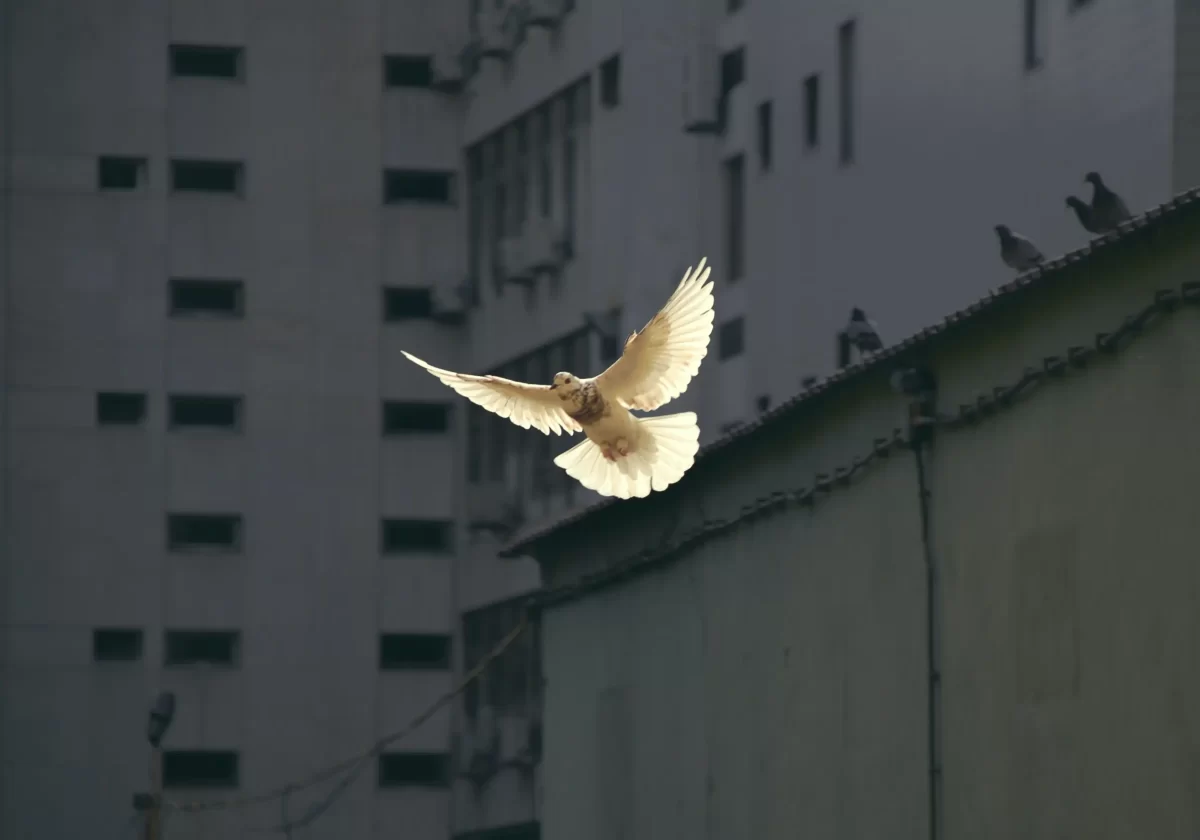







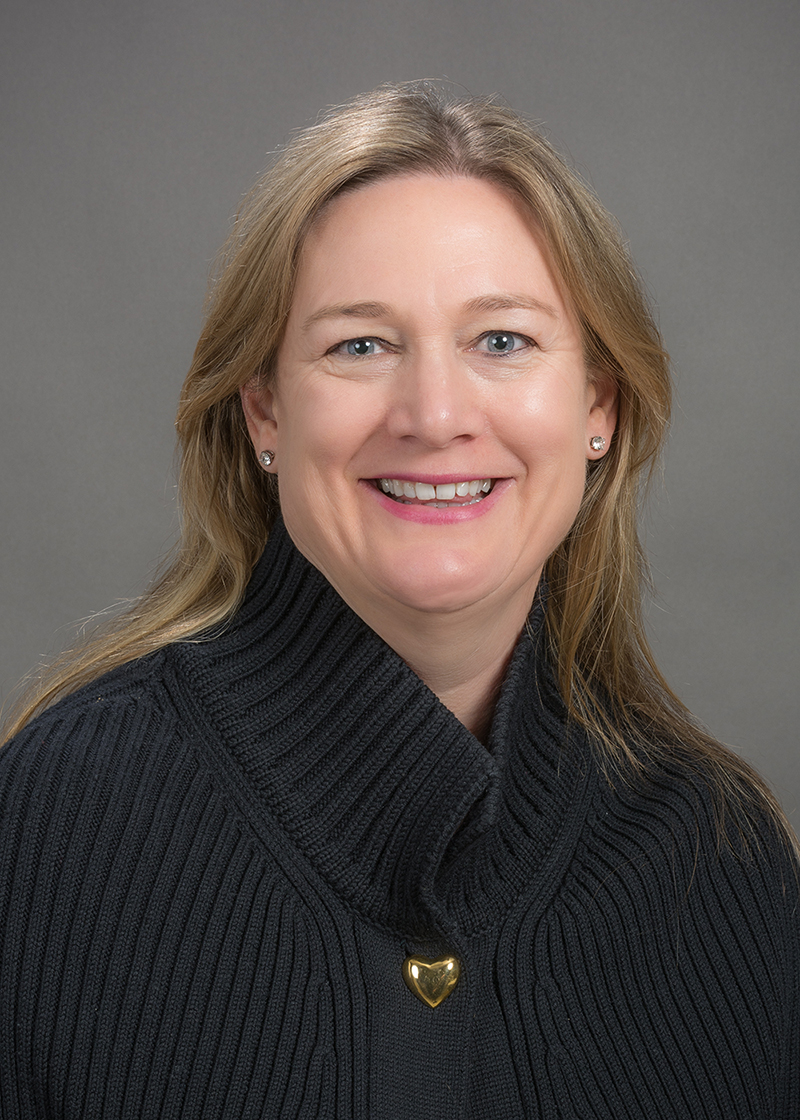
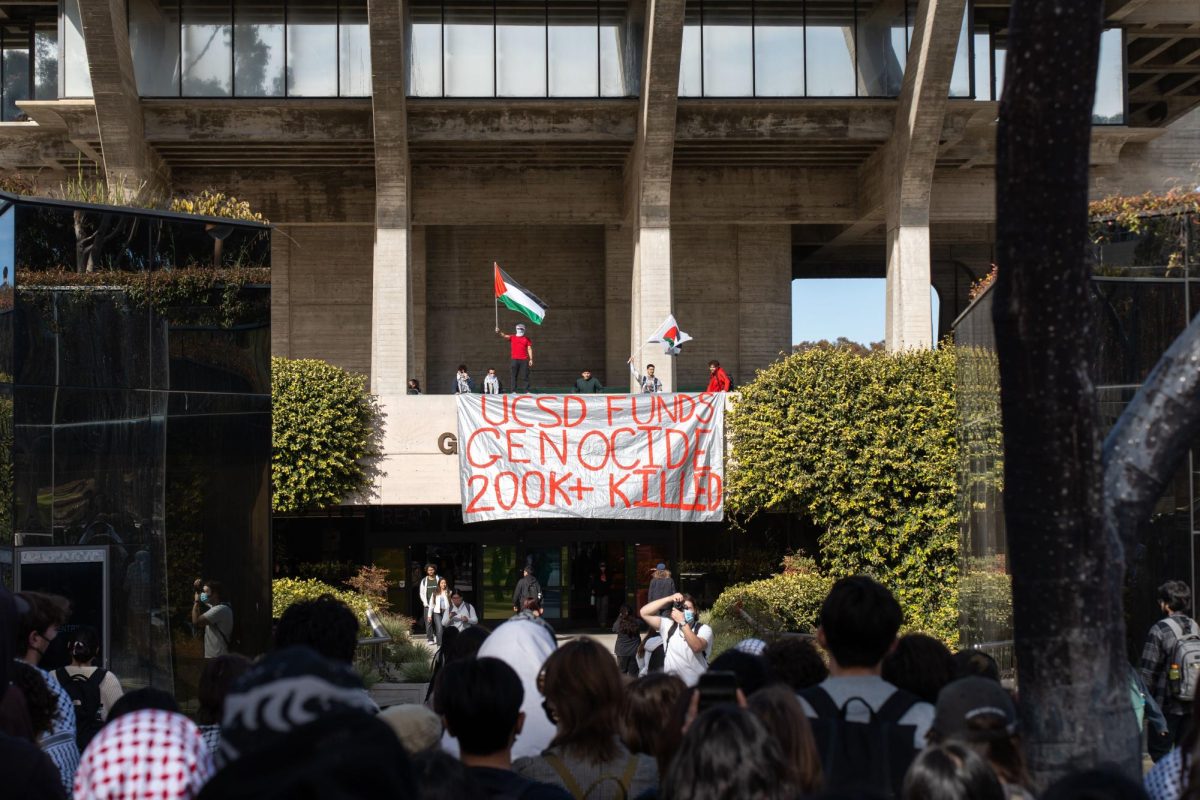

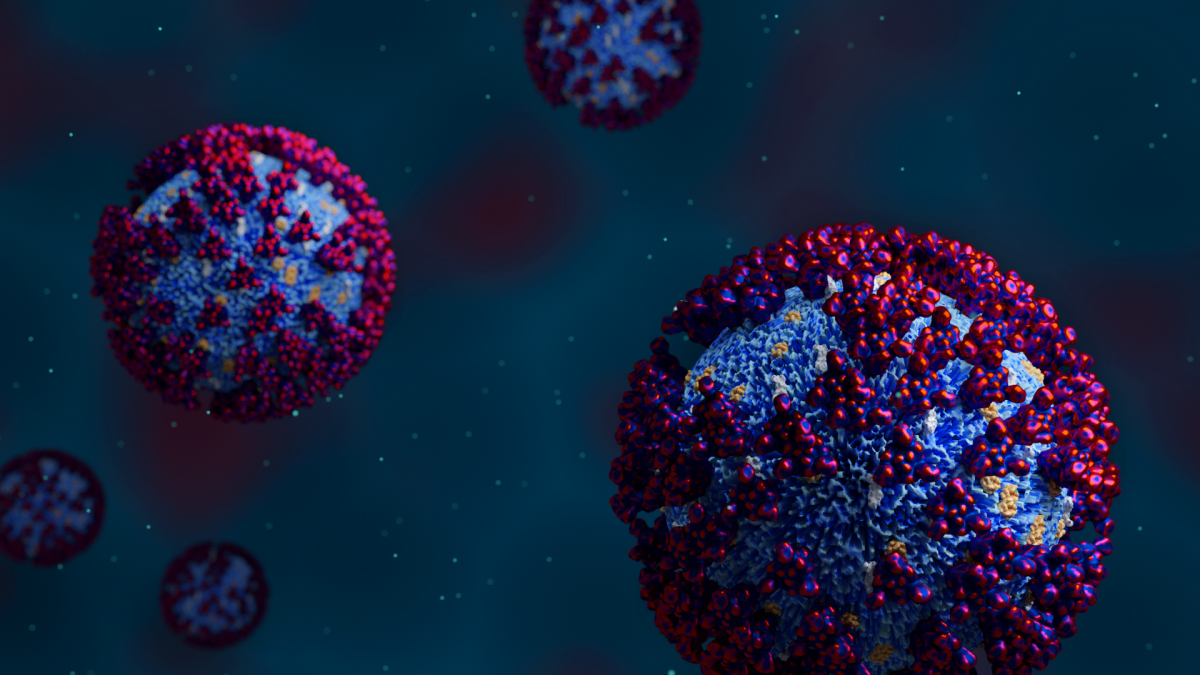
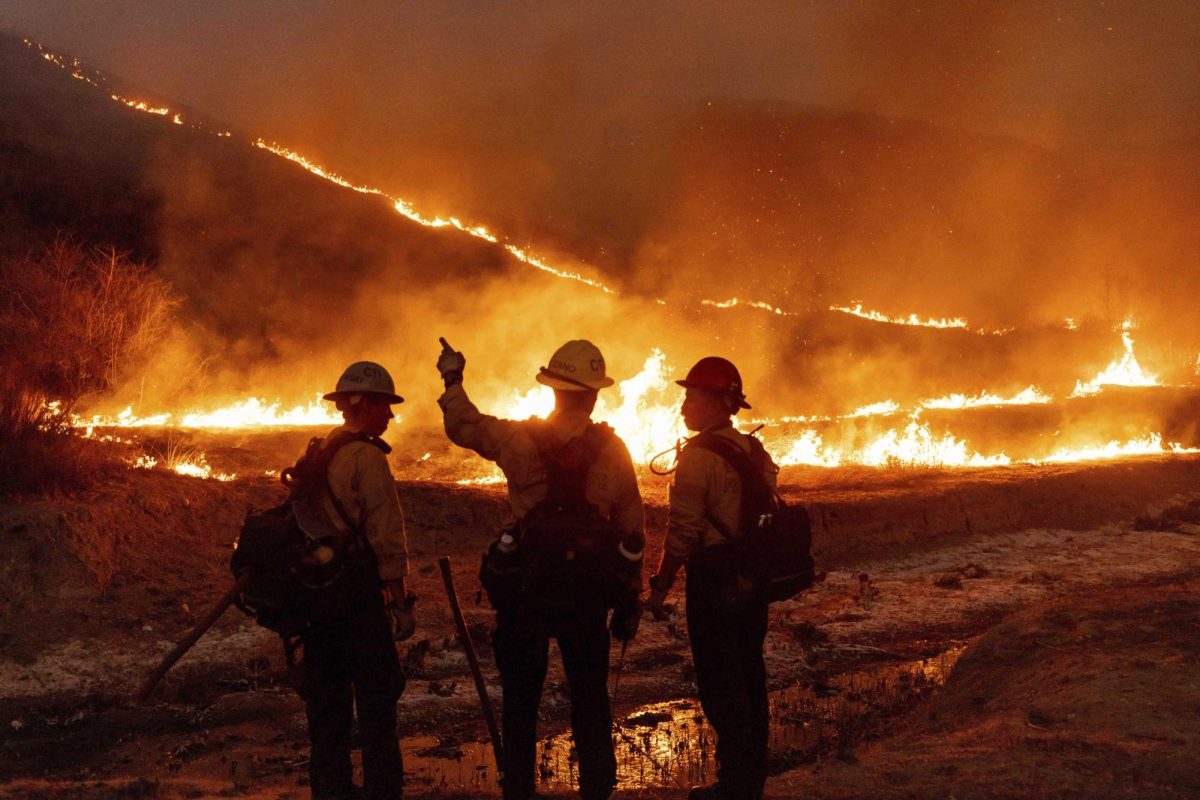






Thank you • Oct 27, 2023 at 9:49 pm
Written beautifully and so true. The fact that all this killing, on both ends, is without declaring that they want a political solution at the end is heart breaking. Me and my family left that area for this exact reason. We wanteda future without war for our kids
Peace • Oct 24, 2023 at 12:41 pm
WOW! An extraordinary read from what must be an extraordinary mind. Thank you.